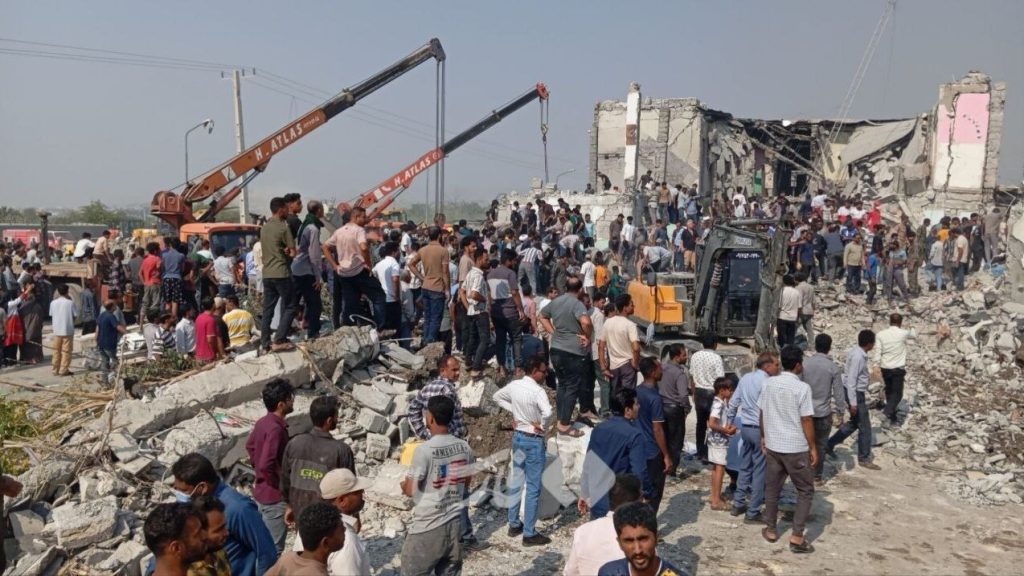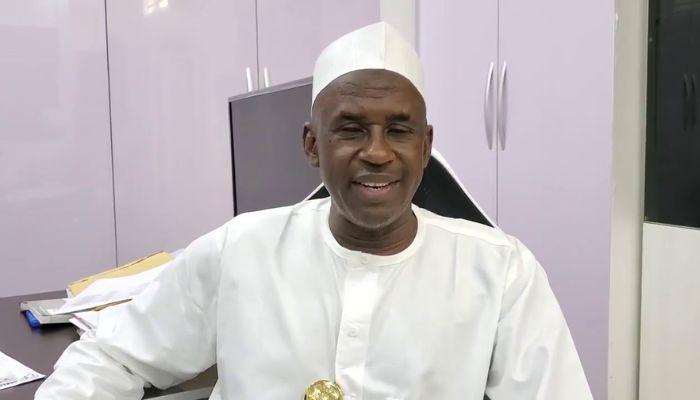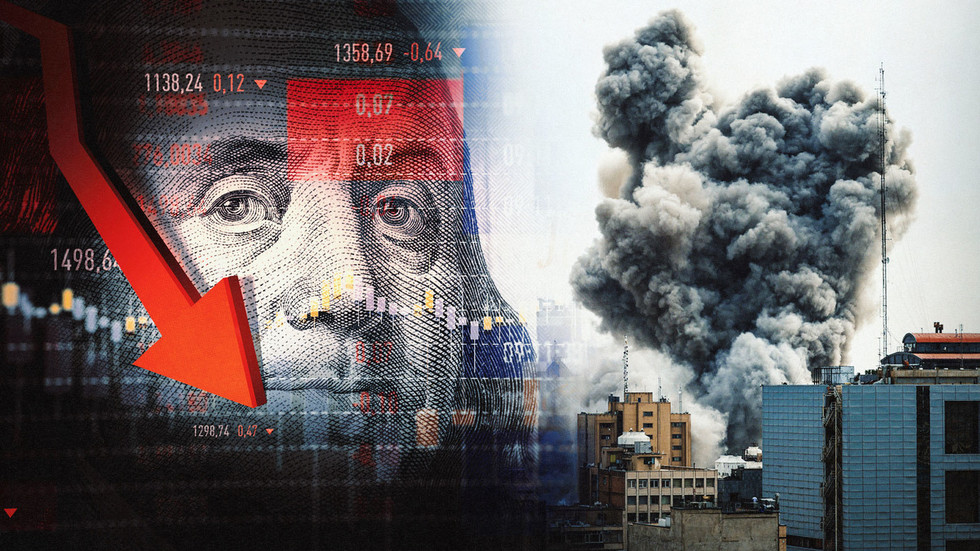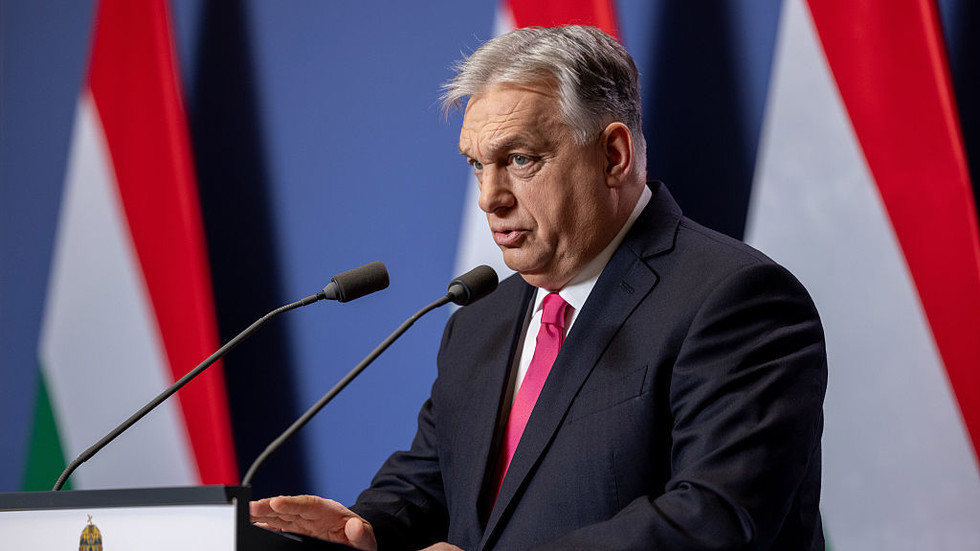Russia’s wealthiest individuals saw their combined fortunes grow by $20.4 billion during the first half of 2025, fueled largely by gains in the commodities sector, according to the Bloomberg Billionaires Index. The data highlights the resilience of the country’s business elite amid fluctuating global markets, with metal, oil, and gas magnates dominating the list of top performers.
Vladimir Potanin, majority shareholder of mining giant Norilsk Nickel, retained his status as Russia’s richest person, adding $2.5 billion to his wealth. His net worth now totals $30.4 billion, bolstered by rising demand for metals critical to industries like electric vehicles and renewable energy. Close behind is Vagit Alekperov, founder of Lukoil, Russia’s second-largest oil company, whose fortune climbed $1.1 billion to $26.5 billion.
Steel magnate Alexey Mordashov, chairman of Severstal, secured third place with a $1.9 billion gain, raising his total to $25.2 billion. Leonid Mikhelson, co-owner of natural gas producer Novatek, saw his wealth increase by $1.4 billion to $23.8 billion, reflecting stronger energy prices.
Not all sectors prospered equally. Vladimir Lisin, majority stakeholder in steelmaker NLMK, experienced the steepest decline, losing $3.5 billion as weaker global steel prices dented his net worth, now valued at $22.2 billion.
Tech entrepreneur Pavel Durov emerged as a notable outlier, with his fortune surging $3.2 billion to $14.3 billion. The co-founder of messaging app Telegram has benefited from the platform’s expanding user base and advertising revenue, underscoring the growing influence of digital ventures in Russia’s economic landscape.
The Bloomberg Billionaires Index, which has monitored the world’s 500 wealthiest individuals since 2012, compiles data from real-time market movements and corporate filings. Its latest update underscores the disproportionate gains among resource-linked tycoons, even as other industries face headwinds.
These financial shifts unfold against a backdrop of ongoing international sanctions aimed at curtailing Russia’s economic activity. Some analysts argue that measures imposed since 2022 have had limited success in reducing the wealth of the country’s elite, particularly in sectors like energy and raw materials, which remain pivotal to global supply chains.
While the index does not directly address sanctions’ efficacy, the continued accumulation of wealth among Russia’s ultra-rich raises questions about the interplay between geopolitical pressures and market dynamics. For now, commodities continue to serve as a bedrock for the nation’s most influential business figures, reinforcing their economic clout on the global stage.



